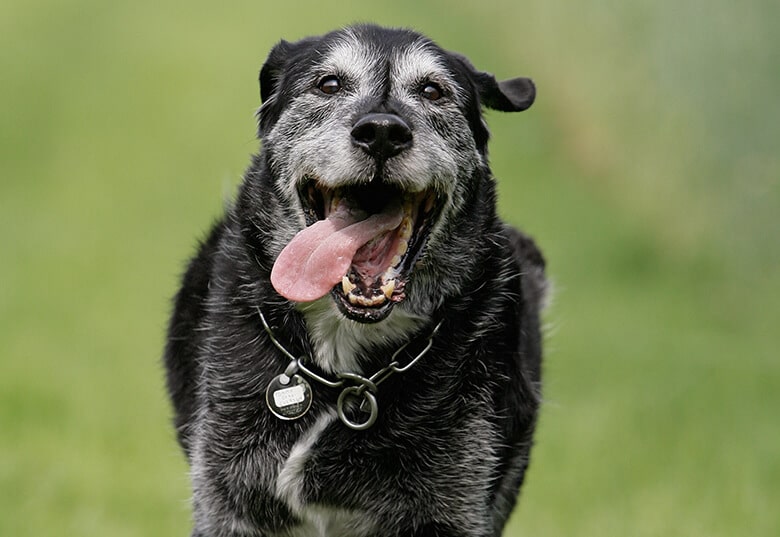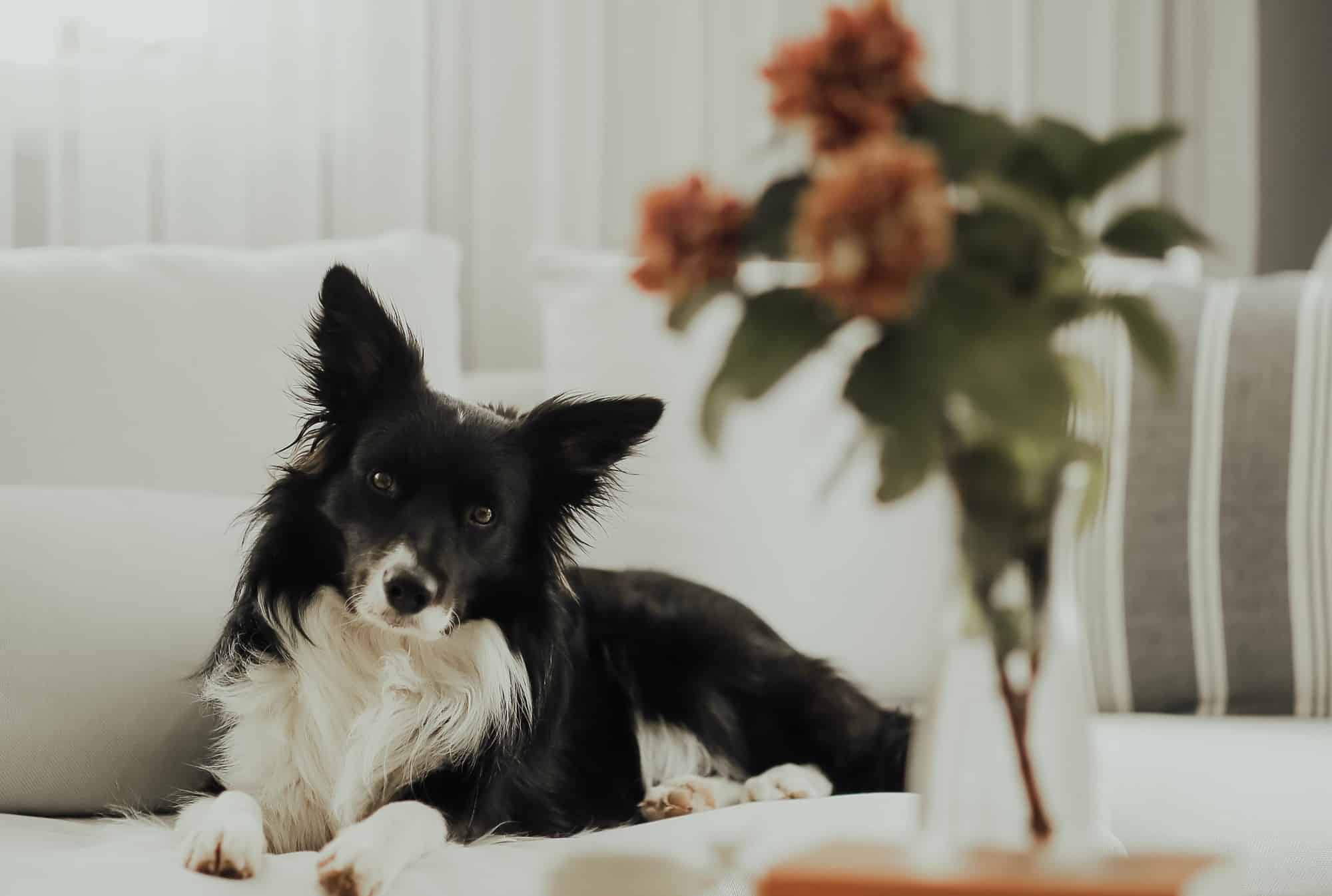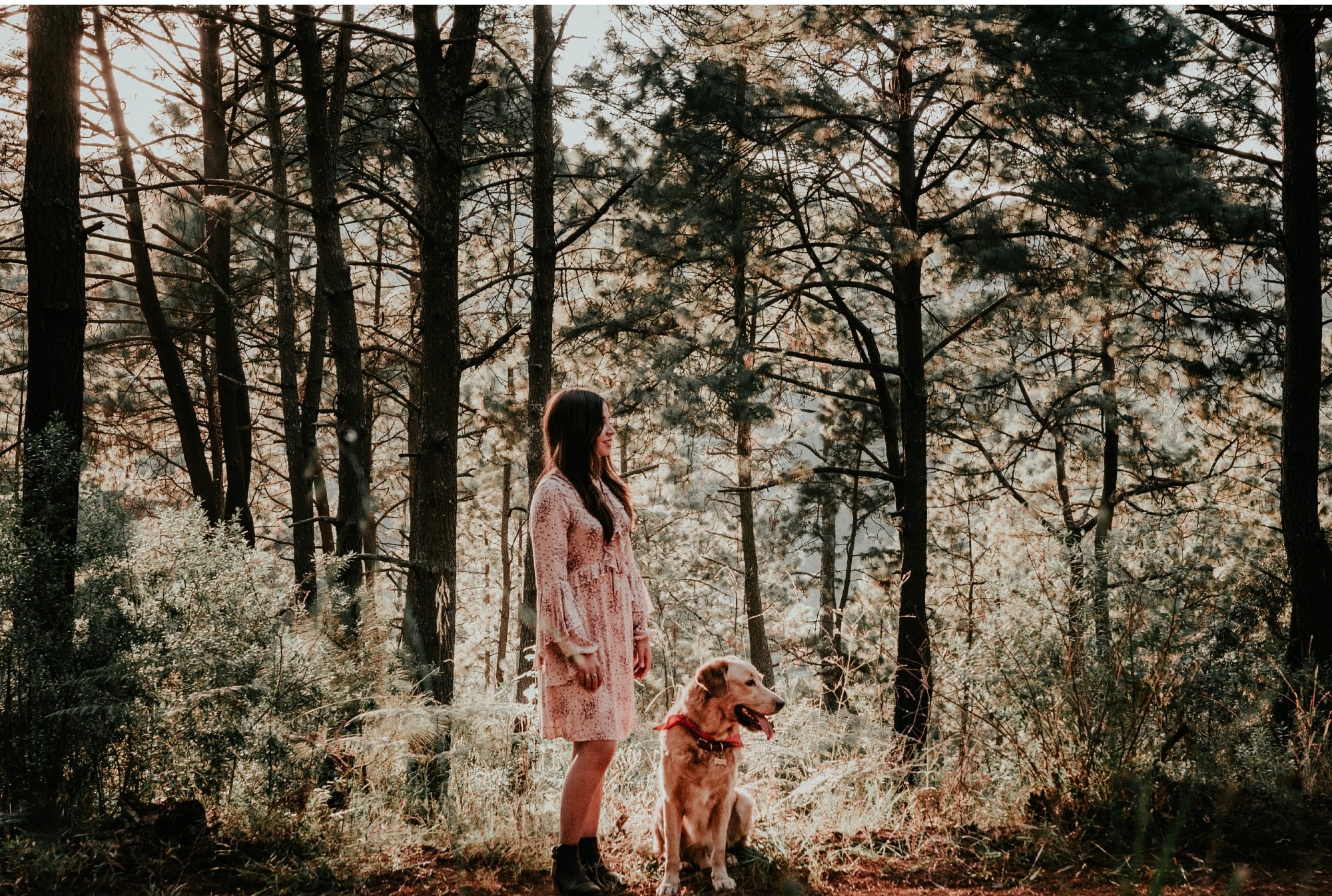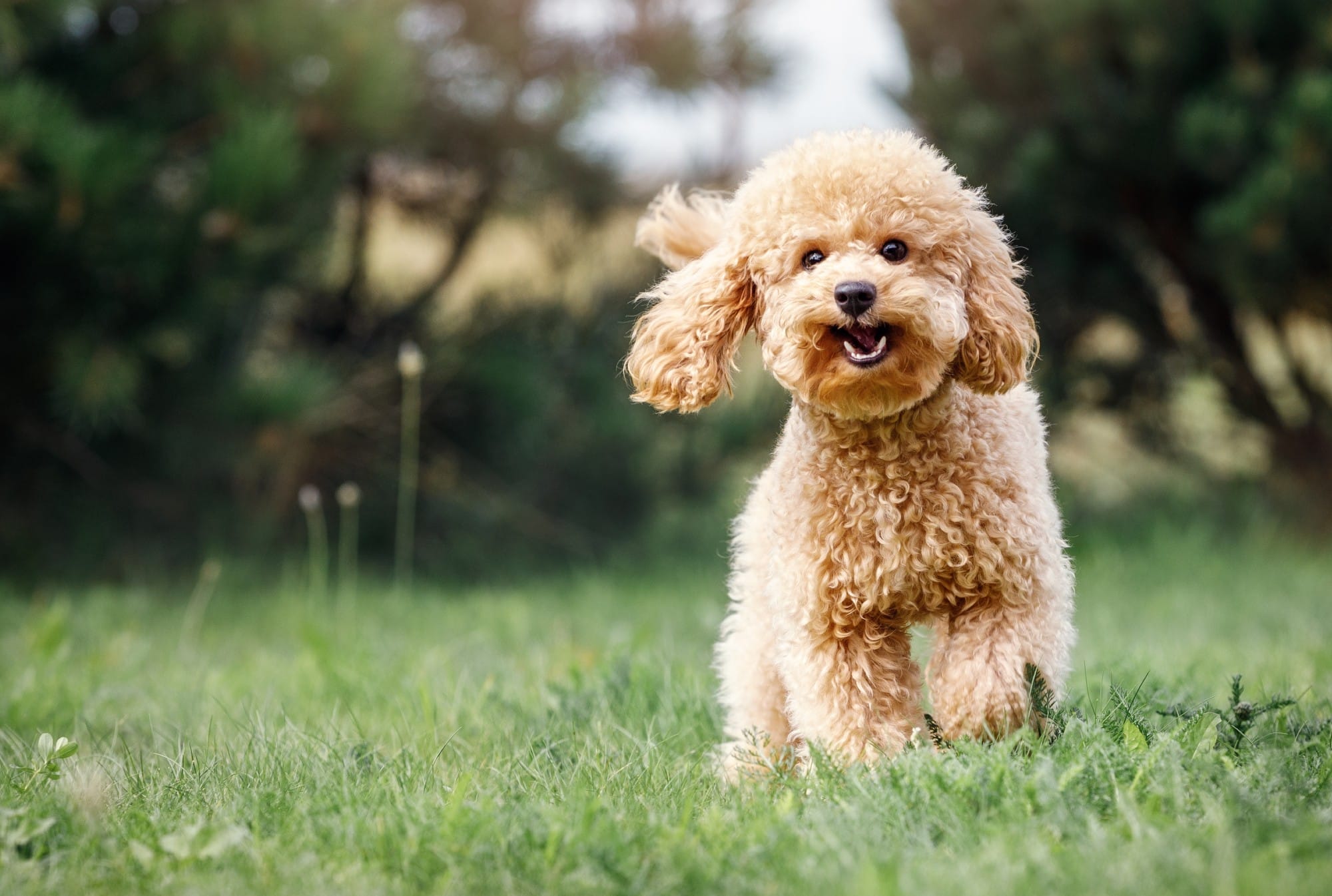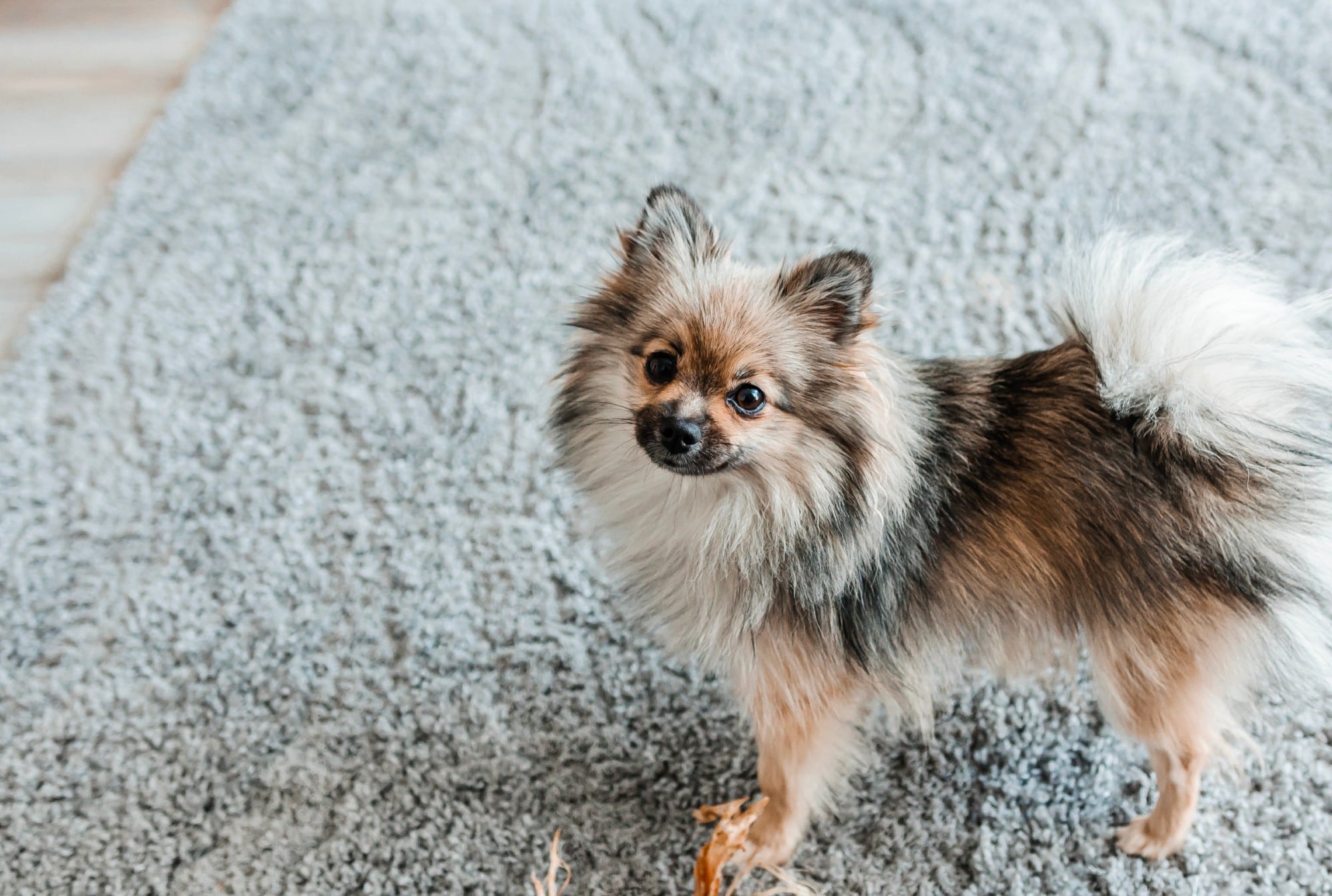Whoever said “you can’t teach an old dog new tricks” never lived with a canine senior citizen. They may have slowed down a bit, they may take more doggy naps, but senior dogs are puppies at heart — and like puppies, they love to play.
Related: Senior Dog Suffering From Separation Anxiety Finds Comfort in a Mannequin
Play is important to dogs’ well-being — even if they love to play the same game over and over. This is particularly true for seniors. “Most senior dogs are happiest when they can play the games they have played throughout their live — be it tug, fetch or some good old wrestling with their owner,” says Steffi Trott, a professional dog trainer and owner of SpiritDog Training in Albuquerque, N.M.
Yet, because of an aging body, some toys and games may present a risk of injury to an older dog, especially a dog with age-related illnesses such as joint disease, heart conditions and loss of vision and/or hearing.
Veterinarian and writer, Elizabeth Racine, advises her clients to keep play session short and stop before the dog gets tired. “Many senior dogs suffer from orthopedic issues such as arthritis, so it is important to not allow them to push themselves to the point of exhaustion.” She recommends low-impact activities such as walking and swimming, which places less stress on the joints compared to traditional canine activities like fetch.
Another way to tire out your dog? A mind workout.
“Brain stimulation and providing mental challenges are important for keeping your senior dog healthy and happy,” says Mark Van Wye, CEO of Zoom Room, a national indoor dog gym and training facility. “Puzzle toys and feeders are a fabulous way to give your dog’s brain a workout and keep him engaged.”
He recommends toys like a Kong filled with peanut butter and then frozen. Or instead of feeding your senior in the same old boring bowl, Van Wye suggests filling a rolling puzzle toy with kibble and hiding treats around your home. “These are all great ways to stimulate your dog and provide new and challenging things to do.”
This doesn’t mean that an older dog can’t enjoy a game of fetch, especially if it’s been his favorite game since puppyhood. Dogs have been known to become obsessed with their tennis ball, after all.
Trott suggests adapting each game to a low-impact version. “For fetch, roll the ball instead of throwing it. Only play on very soft ground such as a meadow, at the park, at the beach etc. Never play on concrete or asphalt.”
Related: To Ensure Bonded Pair Will Not Be Separated, Shelter Marries Senior Dogs
If your dog loves a good game of tug of war, Trott recommends using an elastic toy. “Instead of a hard rope toy, you can recycle an old T-shirt. This will be gentle on your dog’s teeth, neck and back.” Or try a tug toy that is easier on an older dog’s mouth. A good rule of thumb is to see if you can indent the toy with your thumbnail. If so, it will most likely be safe for your dog’s teeth.
As your dog gets older, he may not see as well as he used to. Since dogs don’t wear glasses, they rely more and more on their nose. Van Wye often recommends scent classes, also known as nosework, for senior dogs. “It is not physically demanding but does provide a huge dose of mental stimulation. It’s also a great ‘team sport’ that you can do with your dog long into old age.”
The most important factor in providing playtime for senior dogs is safety. “With senior dogs, it’s important to play on their terms and to be hyper aware of any injuries or medical conditions your dog has,” he says. “If your dog develops arthritis, for example, play can still be an important part of his life, but you’ll need to tone it down, keep it short, and watch for signs of pain.”
Since dogs tend to hide any outward signs of pain, it’s important to know what to look for.
Signs that your dog may be in pain
- Panting
- Drooling
- Imping
- Licking the injured area
- Shaking
- Lethargy
- Grouchiness or Moodiness
If you suspect your dog is injured after playing, schedule a visit to the veterinarian as soon as possible. Acute signs of injury, like yelping, howling, or growling when you try to touch her require immediate attention. If your vet can’t fit you in, take your dog to an emergency animal hospital.
Related: Must-Have Products to Help Your Senior Dog Be Healthy And Happy













